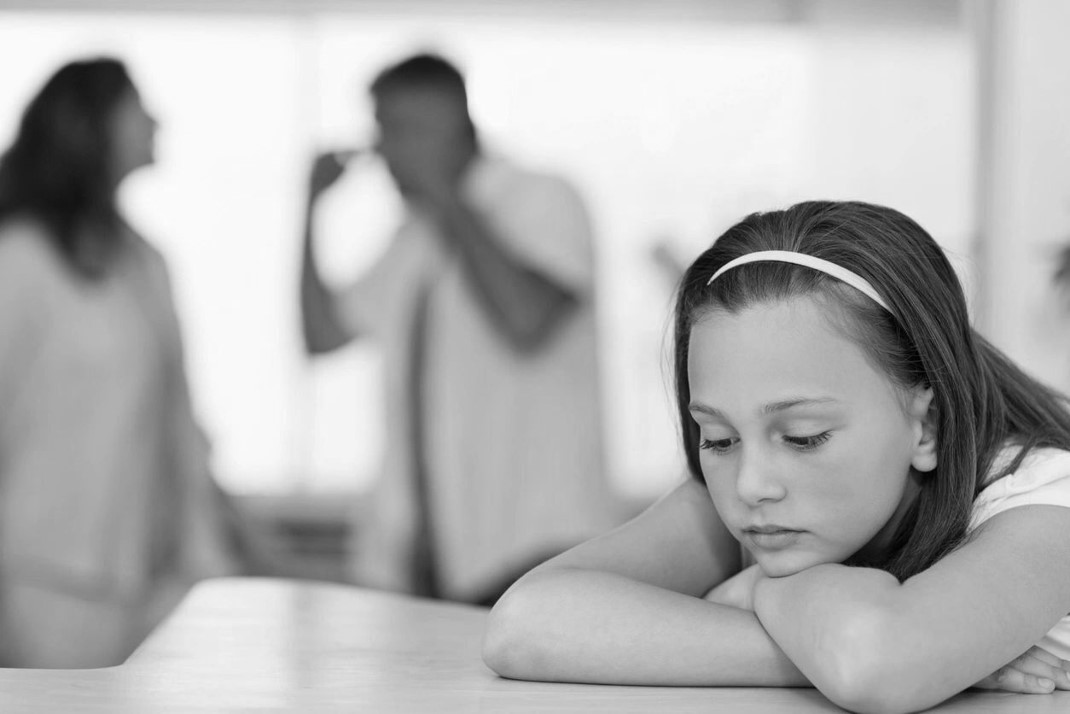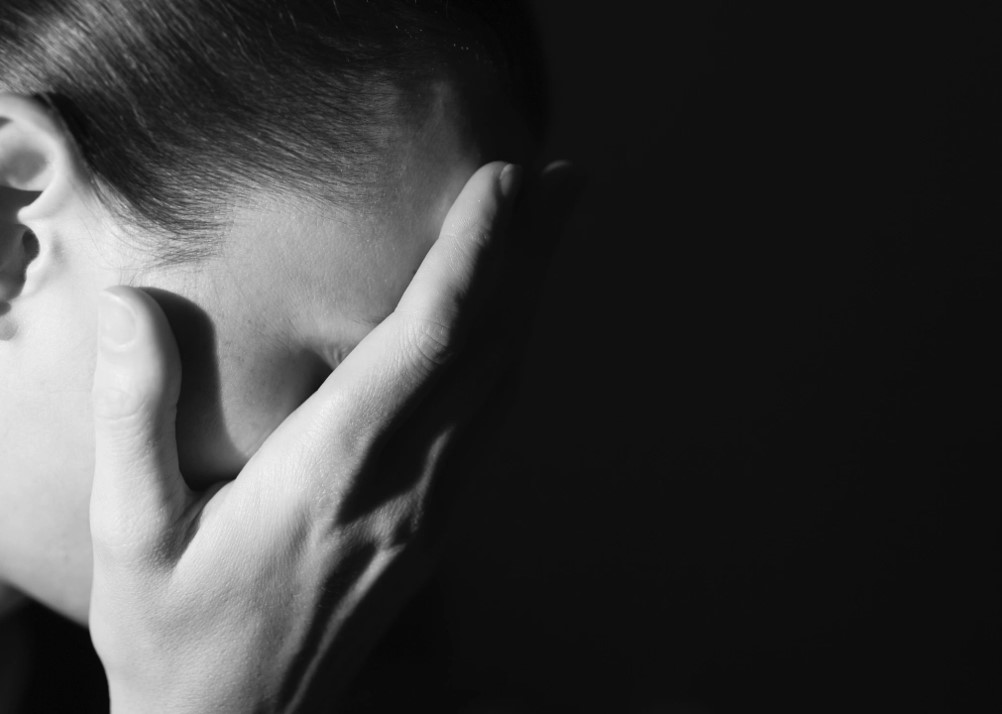Post Traumatic Stress Disorder (PTSD)
Post-Traumatic Stress Disorder (PTSD) is a trauma and stress-related mental health disorder with lasting consequence that can result from experiencing a traumatic event that caused intense fear, helplessness, or horror. Few people question the seriousness of PTSD, but few understand how often it occurs in everyday life. PTSD not only happens to people who return from war but, also occurs to people during their daily life.
It occurs:
- after a person witnesses or experiences a terrifying event
- war
- after a traumatic event in which death or severe physical or sexual harm was threatened or did occurred
- the unexpected death of a loved one or betrayal by a loved one (affair)
- childhood sexual and physical abuse
- surgery - brain, hysterectomy, spinal
- a serious accident
- domestic abuse/violence
- natural disaster
Families of victims can also develop PTSD as can, first responders, policemen, firemen, dispatch operators, EMT, emergency room personnel and, other rescuse workers.
In addition to PTSD there is growing recognition of the need for a separate diagnosis of Complex PTSD. While the current PTSD diagnosis applies to one event lasting for a short time, Complex PTSD applies to the long term emotional scarring following long-lasting trauma. While it is not an official diagnosis, Complex PTSD affects individuals who have experienced chronic inescapable trauma in which that they have had little or no control over their life continuing for months or years at a time. This diagnosis is for:
- People who have survived living in concentration camps
- People who have survived prisoner of war camps
- Survivors of long-term childhood physical and/or sexual abuse
- Anyone who has been part of a prositution brothel
- Survivors of Sex Trafficking
- Survivors of long-term domestic violence
Some studies report PTSD occurs in 40% of the population. While it is normal for an individual to be upset after such events, with PTSD thoughts feelings and behavior patterns become seriously affected by reminders of the event for months or years after the experience. Some symptoms are shortness of breath, trembling, dizziness, anxiety, flashbacks of the event, difficulty sleeping, and a racing heartbeat.
If left untreated, these symptoms often cause severe impairment in a person’s ability to function effectively in his or her daily life and may lead to the development physical disorders or other psychological disorders. Treatment for PTSD proves successful for most individuals. Contact Health and Wellness Group for more details.
SPECIALITIES:
- Abuse
- Adult Child of Alcoholics (ACOA)
- Attention Deficit/Hyperactivity Disorder (ADD)
- Adult Survivor of Sexual Abuse
- Anger
- Anxiety
- Depression
- Domestic Violence
- Eating Disorders
- Grief and Loss
- Obsessive Compulsive Disorder (OCD)
- Post Traumatic Stress Disorder
- Relationship Problems
- Stress
- Women’s Issues





